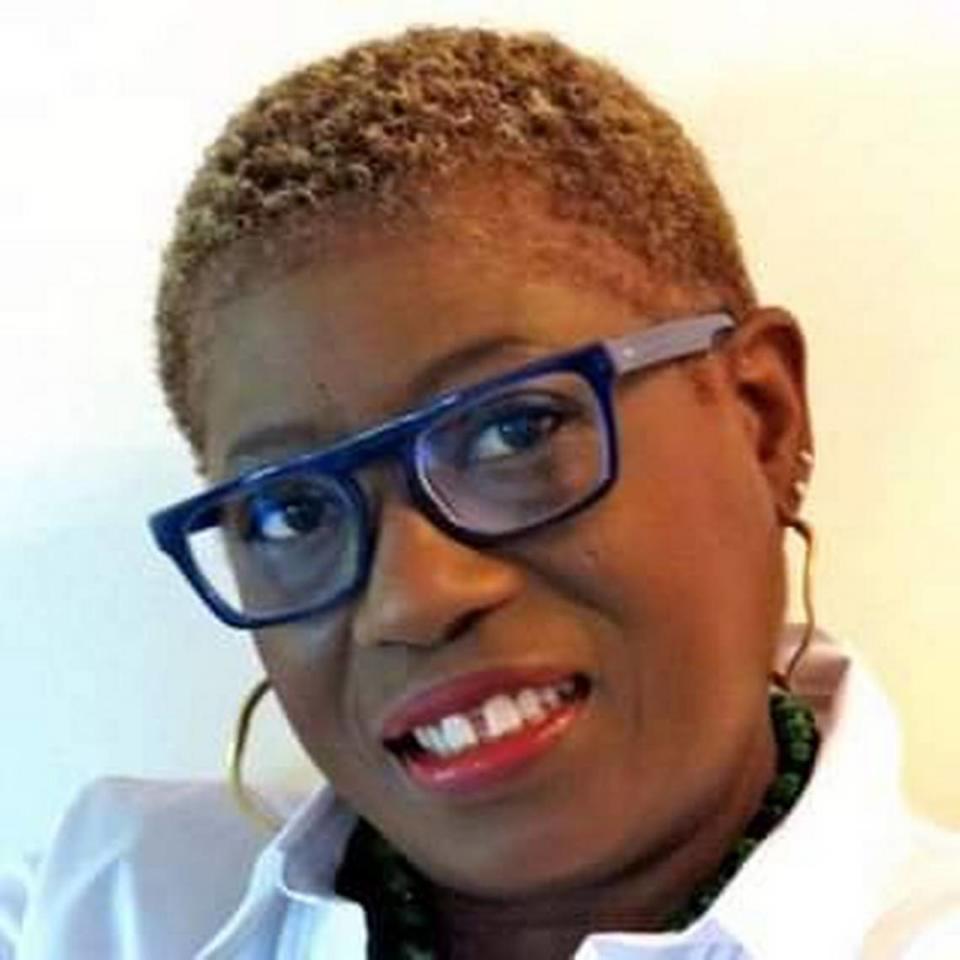If we don’t truly understand critical race theory — minus the politics — we’ll never move forward | Opinion
As a Baby Boomer, I have seen a lot in my lifetime. I’ve learned a lot as well. My family immigrated to America from Georgetown, Guyana in South America, and I spent my early years growing up in Queens, New York. I married my childhood sweetheart, who, after college, became a New York state trooper. We raised our family on values of faith, respect, resilience and responsibility. These values shape who we are as a family — who I am as a wife, mother, daughter, sister, advocate and citizen.
We have a responsibility as fellow citizens to respect one another and treat others with dignity. These values help guide me and my family during moments of uncertainty. They allow us to reflect and learn instead of making rash decisions based on emotions.
Which brings me to the YWCA’s Stand Against Racism Challenge. This important community-wide virtual-learning experience comes to a close this week. Along with thousands of other community members, I have learned about the impact film and TV have on racism; the importance of a living wage; and understanding reproductive justice and the integral role it plays in the overall health and well-being of women.
In this final week of the challenge, we are now focused on a topic that is terribly misunderstood — one that rash decisions have been made about based on emotional reactions. That is critical race theory.
While it’s been around since the 1970s, it wasn’t until a few years ago that critical race theory became a mainstream topic — one, sadly, that is discussed with disdain on major news networks.
Critical race theory is just that, a theory. By definition, a theory is a scientifically acceptable principle offered to explain a phenomenon. In this case, the phenomenon under the microscope is racism.
The state of Florida recently rejected math textbooks on the basis that the books included exercises that it said were based on critical race theory. My initial thought was, Why are people so scared of this?
At the heart of critical race theory is a way for us as a society to understand why and how distinct groups of people are oppressed and exploited. Why would we not want to learn about this and then address it? We aren’t OK with exploitation when it comes to children, women, workers, etc. And, rightly so.
But are we OK with the oppression and exploitation of people of color? In some circles, sadly, apparently so.
I fear these three words have been politicized to the point of no return. The people who need to understand it the most are the ones that view it as repulsive. If only they sought to understand instead of misunderstanding.
The framework of critical race theory was scientifically established to help address, not hinder. To advance as a society representative of diverse cultures and identities, we must accept that a social construct exists deep within its legal systems and policies — a construct intended to hold groups of people behind. Critical race theory encourages us to recognize not the most obvious racist practices, but those that are subtle and below the surface — the less obvious, but dangerous, practices.
I hope that our young generation will embrace learning the truth. I hope they will recognize that justice and an anti-racist America never will exist if we hold on to our ugly past.
The goal is not to paint broad strokes over white people as evil. The goal is to uplift our neighbors. The goal is a rising tide that lets all of society flourish. We can all co-exist with respected differences.
Through the lens of critical race theory, we can recognize that racism exists across systems in our nation, which create and maintain inequalities between whites and nonwhites. By seeking to understand, we move forward to the ultimate goal of eliminating race-based injustices in America.
This brings me back to my family’s value of responsibility. We take responsibility for ourselves and our actions, and we take responsibility as socially conscious good neighbors. Together, we can do better South Florida. It is our responsibility.
Family values set the tone for the next generation. They set the stage for how we want our future decision-makers to think and act. I hope all of South Florida will take a moment this week to truly learn about critical race theory and what it is intended to accomplish. I believe it is something that we can all get behind.
Dionne Polite is director of state operations for AARP Florida.


